Articles containing: covid-19
Birdcage Memoirs: A Teen’s Reflections on Living Through the Pandemic
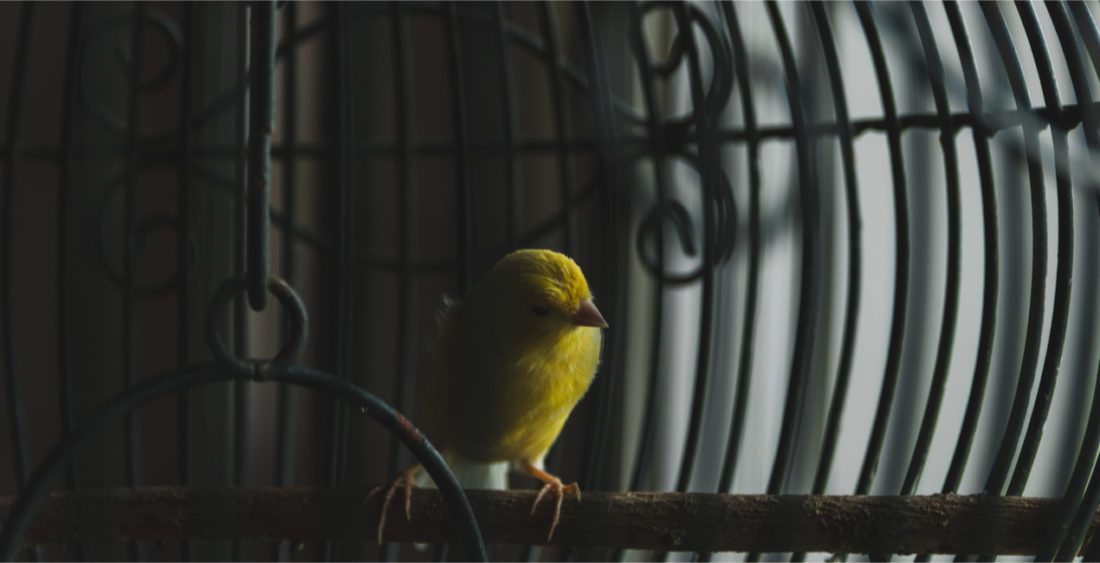
This blog post is part of a series entitled Real Lives, Real Stories.
Mental Health Myths: BUSTED

Mental health myths can increase stigma and prevent parents and caring adults from taking important actions to support children and teens, even when the best intentions are there. Below, child and adolescent psychiatrists Gene Beresin, MD, MA and Khadijah Booth Watkins, MD, MPH share the truth about about nine common mental health myths.
Talking to Your Children About Asian Hate
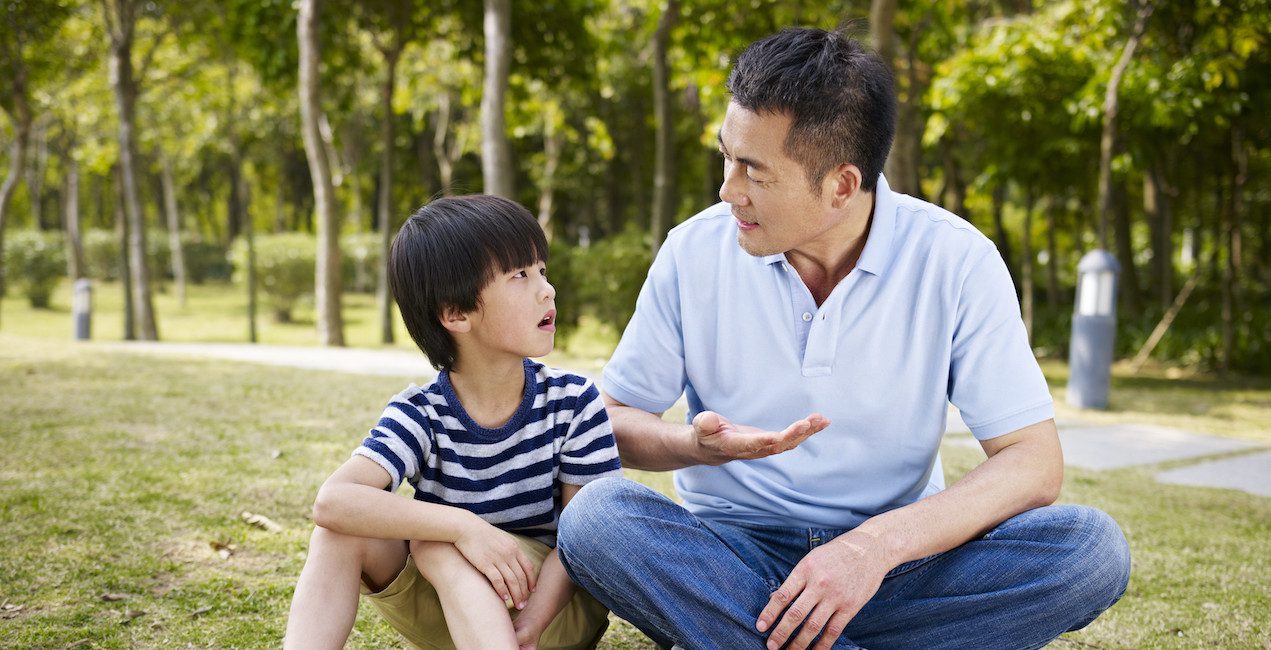
Read and share this article in Chinese. Thanks to MGH Marketing for making this possible.
阅读该文章请点击
Over the last year, there have been very disturbing reports and videos of hate and violence towards the Asian community.
Getting to the Finish Line: Will You Choose Endurance or Resilience?
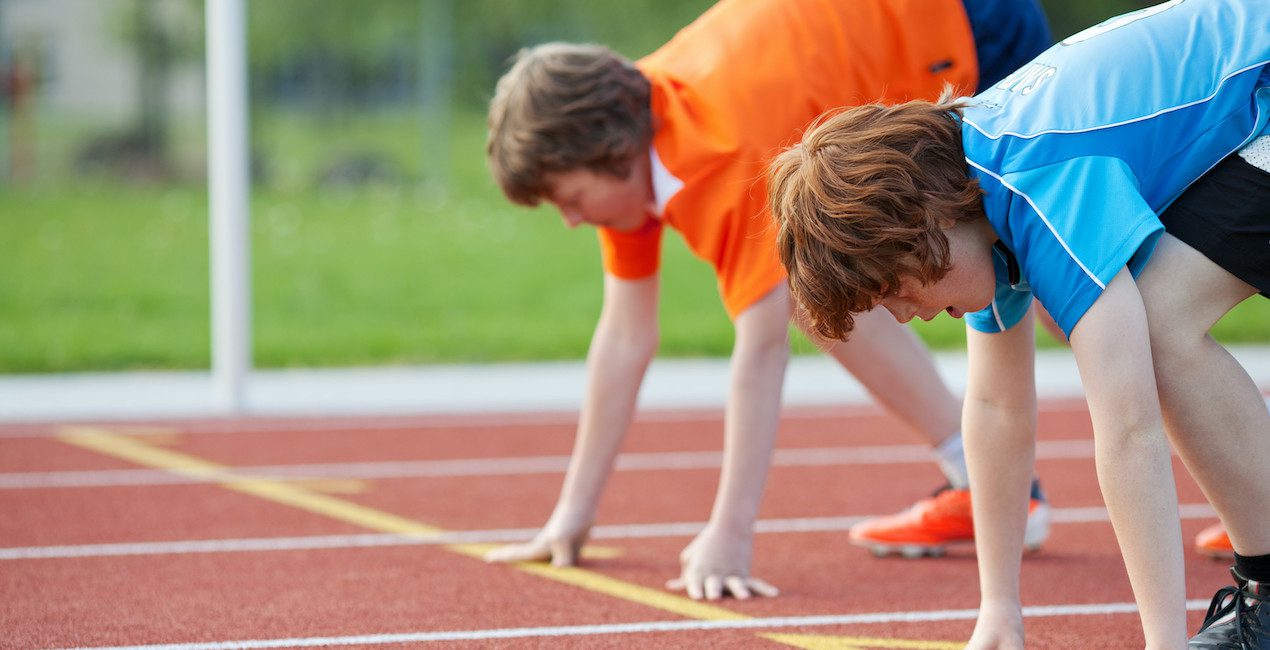
It’s probably safe to say that 2020 has taken quite a toll on many of us. This has resulted in a number of reactions, particularly in our mental health. That being said, now that we have made it to 2021, despite the rollout of vaccinations, we continue in our new and modified routines built to cope with the ongoing impact of the pandemic.
The Power of Community Health During COVID-19: A Look at Chelsea, Massachusetts, featuring Mary Lyons-Hunter, PsyD – Shrinking It Down
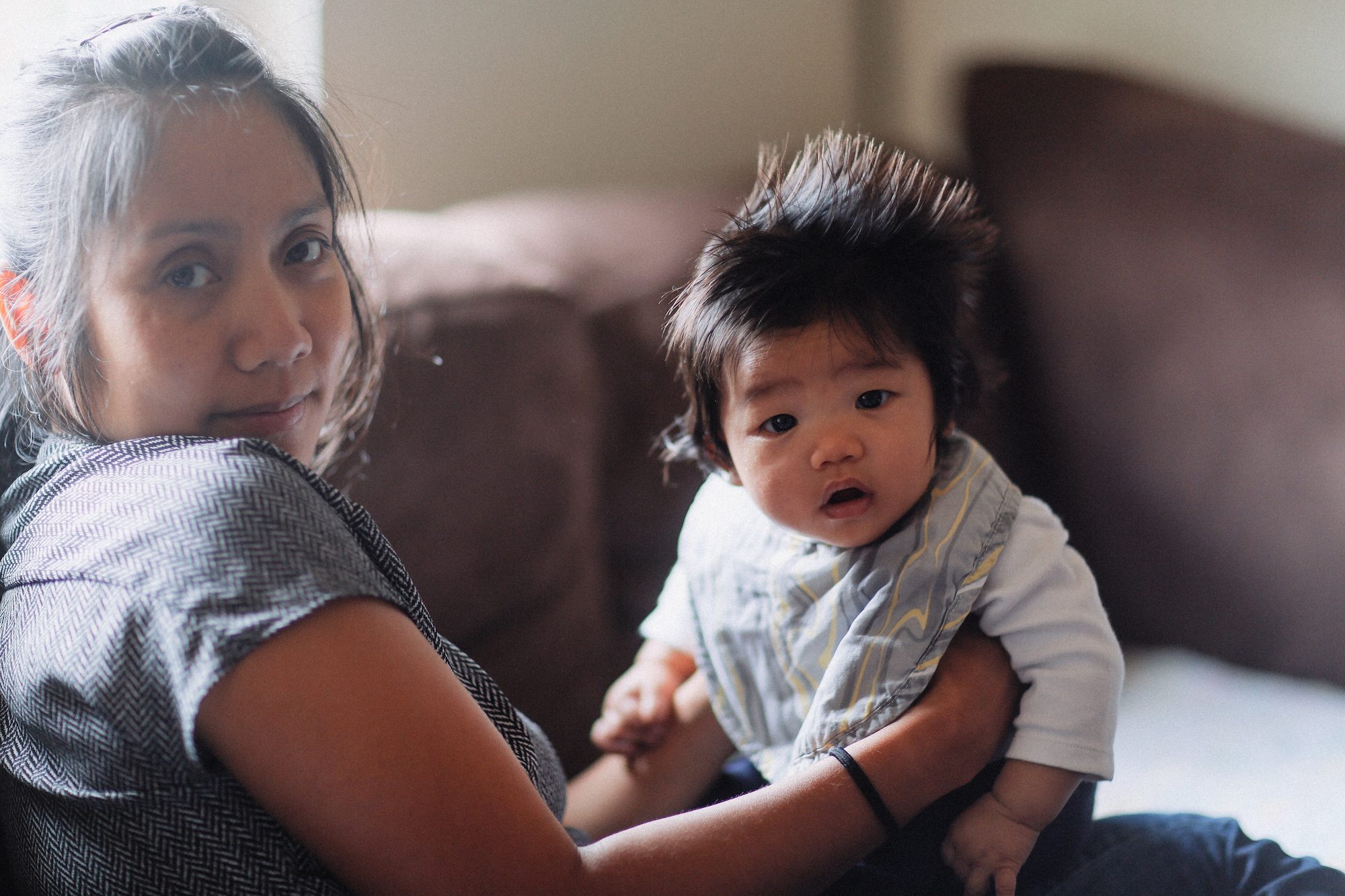
Since the pandemic, mental health concerns have risen across the country.
How Do We Heal From Here? – Shrinking It Down
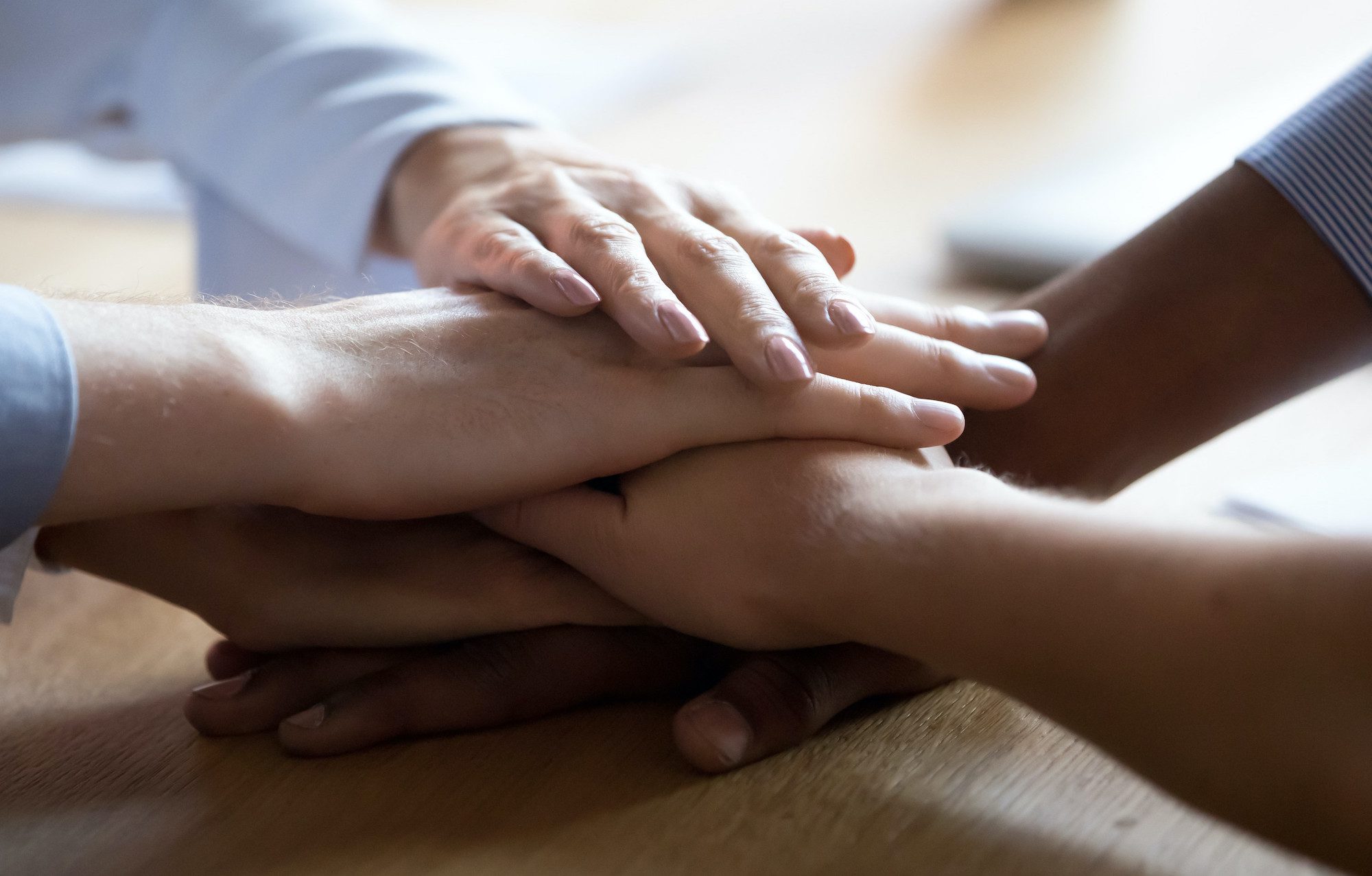
When the body is injured, it begins the healing process despite the ongoing physical injury. Our minds should be no different. Right now – amidst a pandemic, economic strain, political tension, rising mental illness, and more – we are desperately in need of emotional healing, despite the many challenges ahead.
Cómo ayudar a los jóvenes a sobrellevar el dolor y la pérdida durante COVID-19
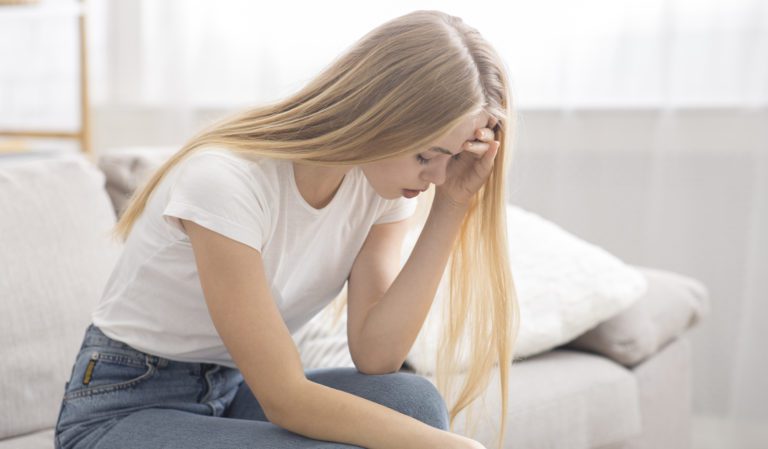
La nueva pandemia de coronavirus ha planteado una nueva forma de vida para todos nosotros. Más allá de las preocupaciones sobre el contagio, la prevención o la desaceleración de su propagación, y los temores de enfermedad y acceso a la atención médica, una cosa está clara. Todos enfrentamos dolor y pérdida.
How to Help Young People Cope With Grief and Loss During COVID-19
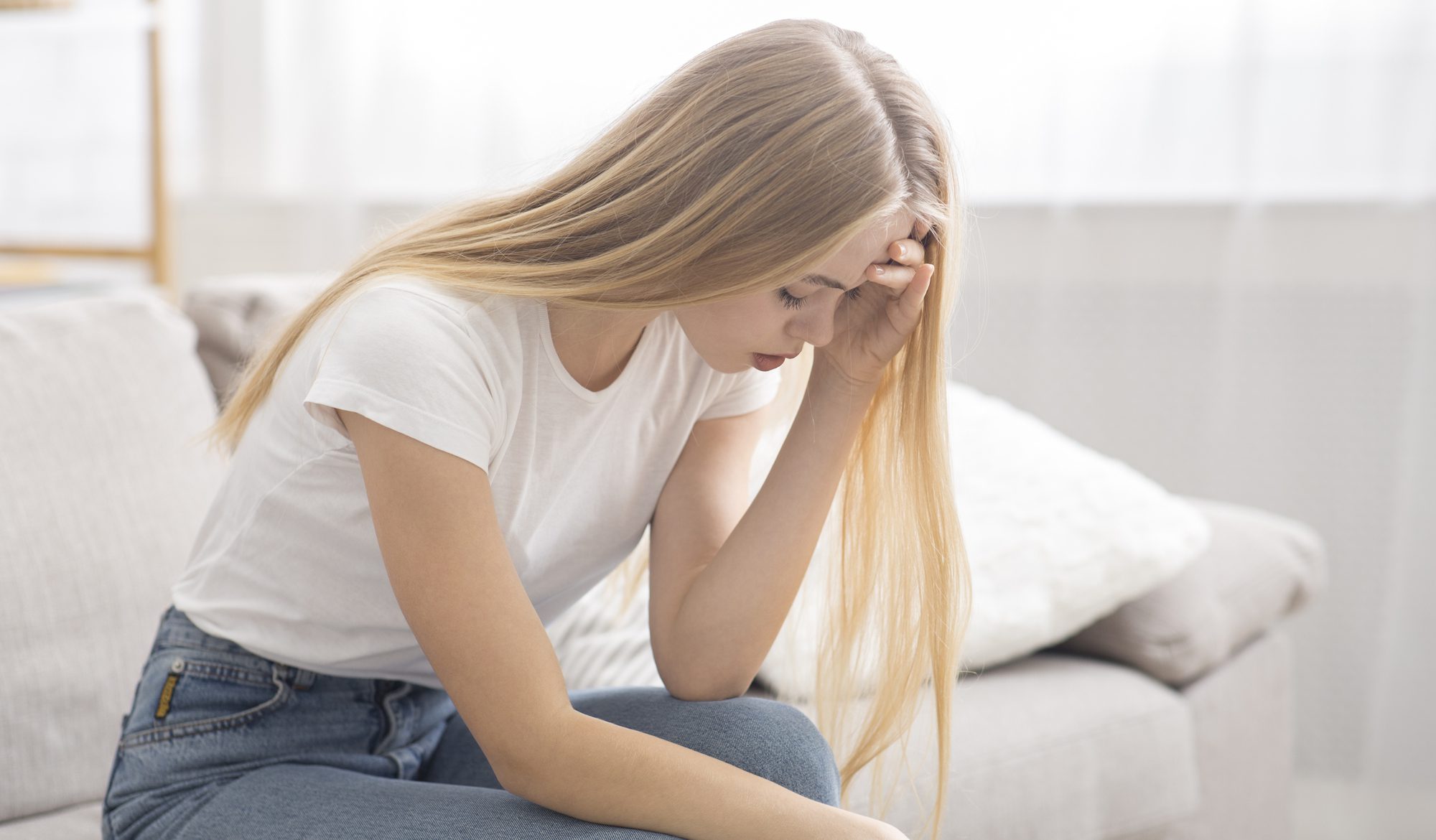
Este artículo está disponible en español.
The novel coronavirus pandemic has posed a novel way of life for all of us. Beyond concerns about contagion, prevention, or slowing down its spread, and fears of illness and access to healthcare, one thing is clear.
帮助儿童和青少年过渡冠状病毒流行病的 7 种方法
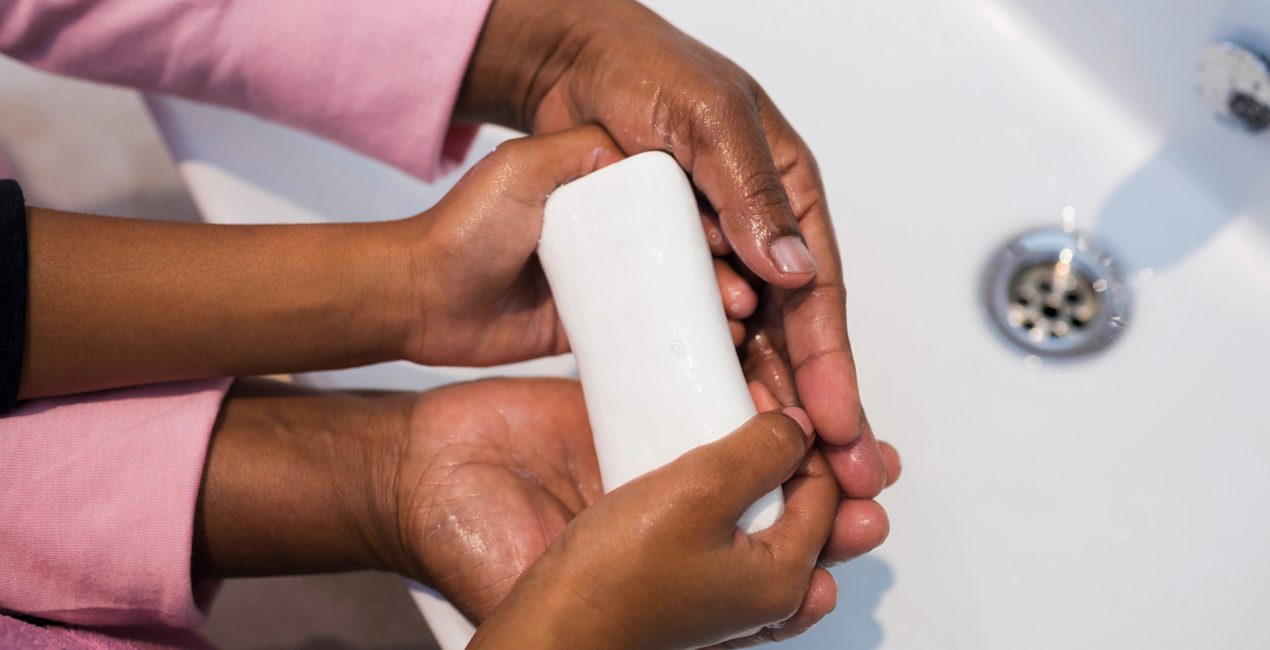
新型冠状病毒疾病 (COVID-19) 的爆发给我们所有人,包括儿童和青少年,带来了很多焦虑和不确定性。在这紧张的时期里,不管孩子们年龄多大,他们都想了解三个基本问题:
我是否安全?
关心和照顾我的人是否安全?
这样的形势将会对我的日常生活产生什么
7 MANERAS DE APOYAR A NIÑOS Y ADOLESCENTES DURANTE LA PANDEMIA DEL CORONAVIRUS

El brote de la nueva enfermedad coronavirus (COVID-19) ha causado mucha ansiedad e incertidumbre para todos, incluyendo niños y adolescentes.



